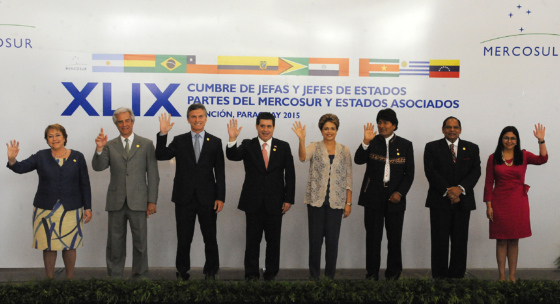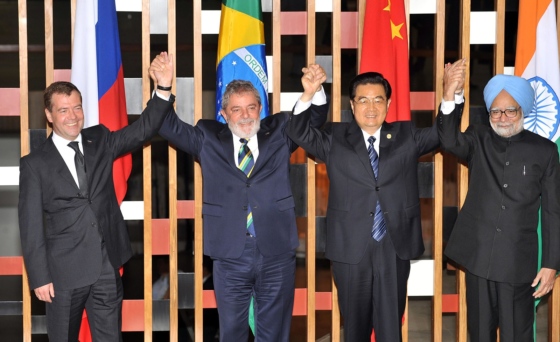
On Lula’s Approach to Asia: Q&A with Karin Costa Vazquez
Insights from Karin Costa Vazquez on Lula’s recent re-election and its significance for Brazil’s relations with its Asian partners and in multilateral institutions.
Insights from Karin Costa Vazquez on Lula’s recent re-election and its significance for Brazil’s relations with its Asian partners and in multilateral institutions.
Insights from Nicolás Albertoni on Uruguay’s completion of a joint feasibility study for a future free trade agreement with China.
A Latin America Advisor Q&A featuring experts’ viewpoints on Mercosur’s influence and survival in Latin America.
Relations between the four members of South America’s Mercosur trade bloc—Argentina, Brazil, Paraguay and Uruguay—are at their worst since the group’s establishment three decades ago. If the bloc is not up to the task of adapting to the 21st century, it may be time to set its members free to pursue their own trade and development goals.
On June 10, the Inter-American Dialogue welcomed María Eugenia Vidal, former governor of Buenos Aires and Dialogue member, to discuss the current political and economic conditions of Argentina as the nation approaches elections in the fall.
A Latin America Advisor Q&A featuring experts’ opinion on the future of the trade deal between the European Union and the Mercosur bloc.
The Covid-19 pandemic has once more demonstrated the fragility of Latin American regional and subregional organizations, and the reasons for it: the weaknesses of domestic institutions, the lack of shared interests and values, and the dependence on foreign powers. It is not too late to turn the pandemic into an opportunity to acknowledge the existence of common interests, and the value of pursuing them collectively.
After 20 years of on-and-off negotiations, leaders from the European Union and South America’s Mercosur trade bloc announced late last month that they had reached a sweeping trade agreement encompassing 800 million people and almost a quarter of the global economy. In an email interview with WPR, Bruno Binetti, a Buenos Aires-based research fellow at the Inter-American Dialogue, discusses the many obstacles standing in the way of the deal’s successful implementation.
How significant is the Mercosur-E.U. trade deal, and what are its most important provisions?
Bruno Binetti habló con Gabriela Frías de CNN Español para analizar el impacto potencial del acuerdo de libre comercio entre Mercosur y la Unión Europea.
Japanese Foreign Minister Taro Kono visited Latin America Aug. 11-19, with stops in Ecuador, Peru, Colombia and Mexico. Kono’s priorities during the trip were strengthening economic cooperation and trade ties with the region, particularly the Trans-Pacific Partnership, and seeking support on diplomatic issues, including those related to North Korea, NHK reported. What did he accomplish during his tour? Where are Japan-Latin America relations headed? Does Japan have a clear and coherent strategy in Latin America? Which sectors and countries in the region are of greatest importance for Japan, and what is driving that interest?
The unraveling of UNASUR—perhaps the most ambitious attempt at Latin American integration in recent times—is another sign that Latin America’s much-vaunted solidarity has splintered.
Why It Quit the Organization of American States
A discussion on the future of Mercosur with the Minister of Finance, Deputy Minister of Finance, and Ambassador to the US
The intensity of the clash within Mercosur highlights how much has changed in South America since Venezuela joined the bloc four years ago.
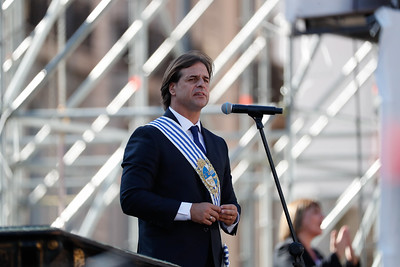
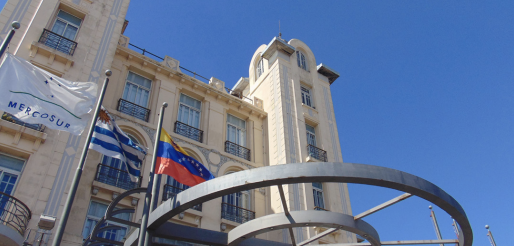
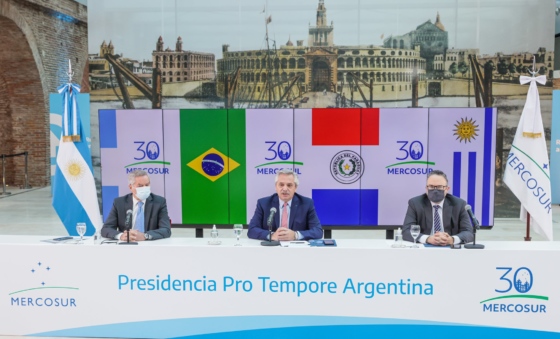
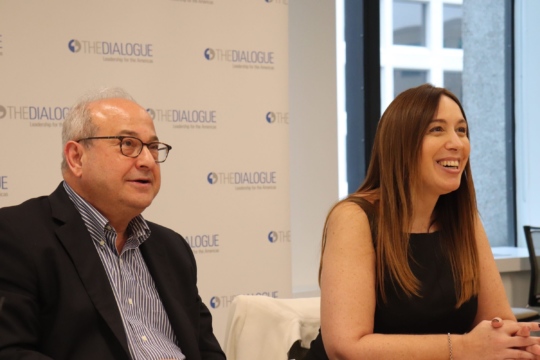
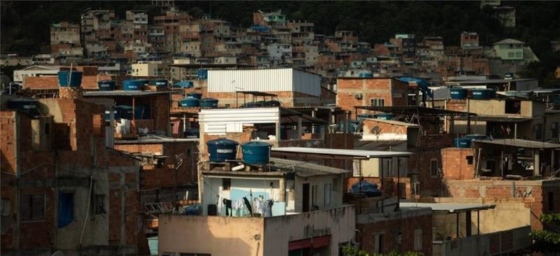
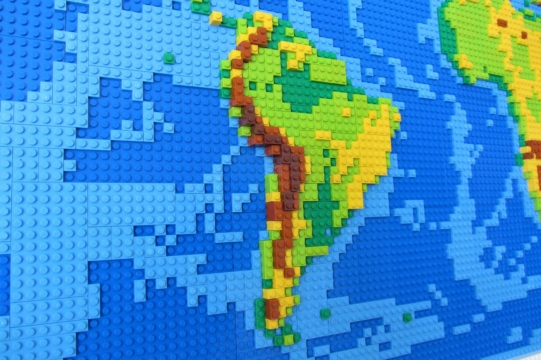
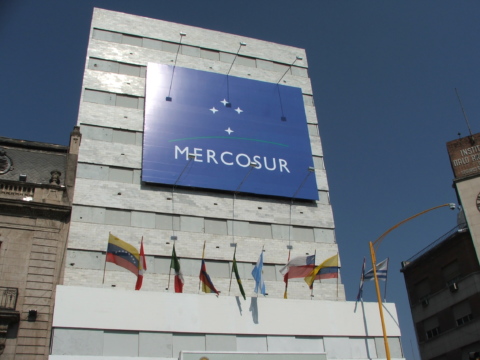
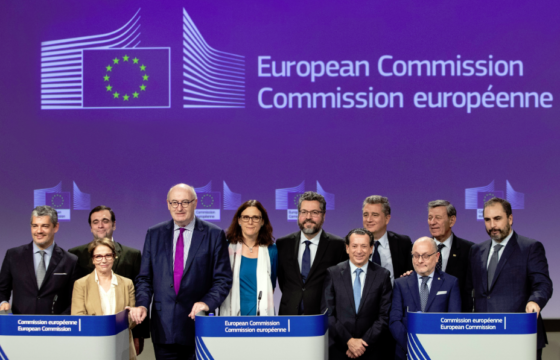
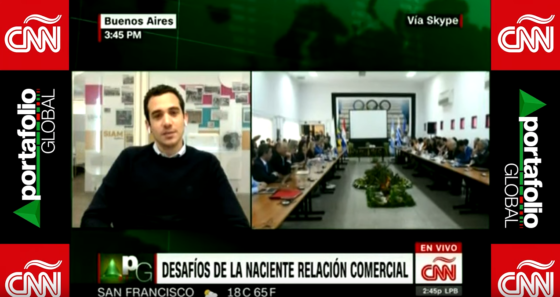 Video
Video
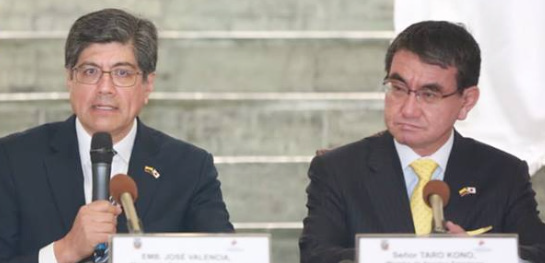
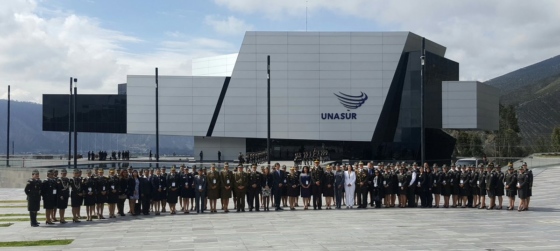
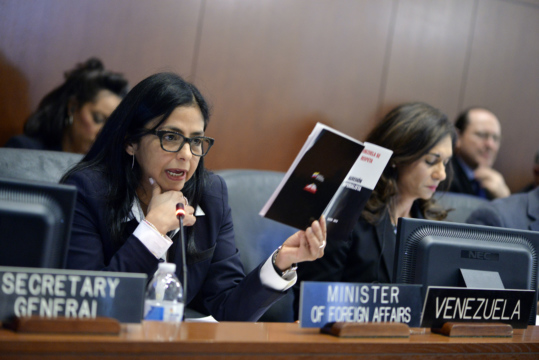
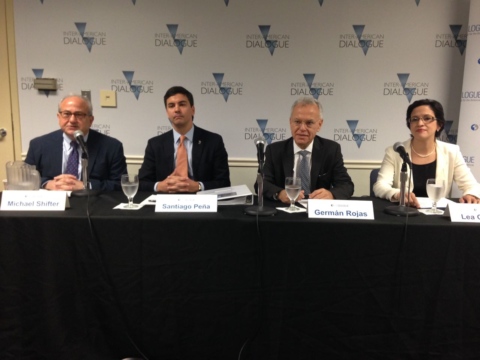 Video
Video
